Chat with an Expat: Brandy Shearer of ALOR
Wouldn’t it be great to retire before you’re 45 and move to Italy? Brandy and Paolo did just that. Read about how they left their life and careers in the United States and mastered the art of living on the road to eventually settle down in a small Alpine town named Bardonecchia. Obtaining Italian Citizenship, saving and planning the move took a lot of work, but the COVID lockdown in Italy called for an unexpected turn of events.
If Bardonecchia sounds a little familiar, you may know it as an Olympic Community that hosted the snowboarding events during the 2006 Turin Winter Olympic Games.
Where were you born and raised?
I am a Midwest American kid, born and raised in Columbus, Ohio. I moved to New York City where I met my husband Paolo and he was born and raised in Torino (Turin,) Italy. Basically that’s how we got together as a couple and that’s how our story began.
You both founded ALOR in 2014. Tell us more about ALOR such as what does the name mean and what do you both do?
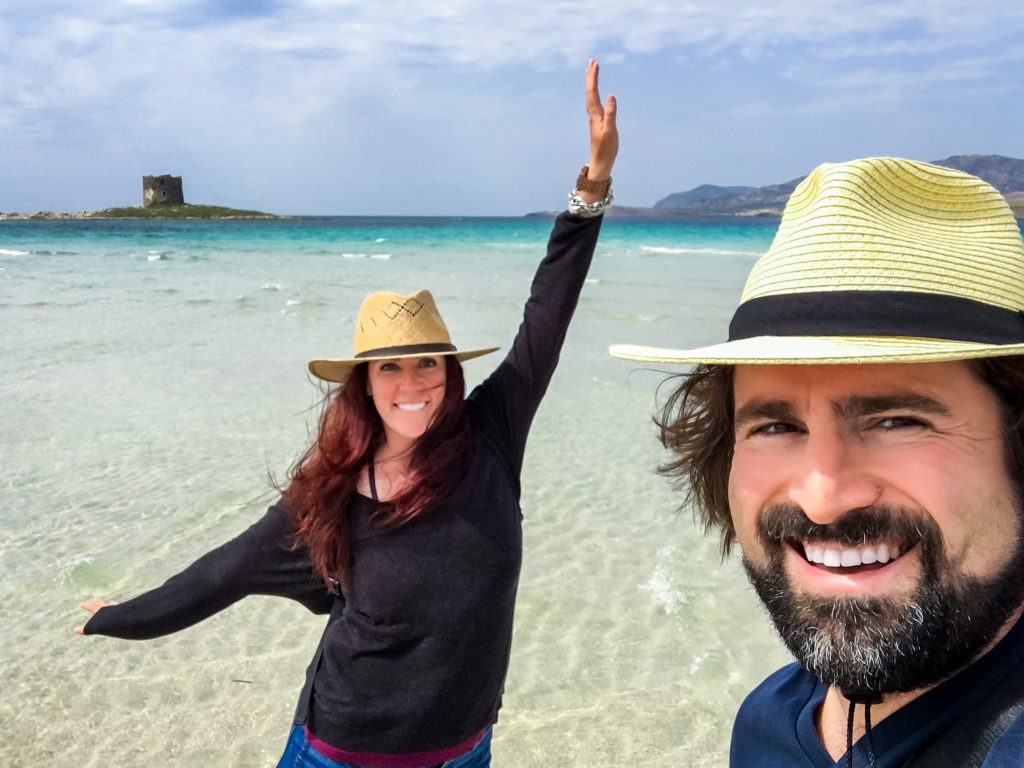
It’s actually kind of an evolution. We started it while in New York. ALOR stands for Art of Living On The Road. So, I had started a blog when we went on the road as nomads. We wanted mobility to be a big part of our life and we launched the consulting company in order to increase our mobility.
Paolo is a professional photographer and I’m a professional tech creative and executive producer. We knew that between the two of us that we were a content creation powerhouse and can get a lot done in a quick time frame. I came up through the media world in New York City and that was one of the keys.
That was our specialty as an agency and that’s what gave us mobility. We basically took the title of the lifestyle blog that I had started and made it work for us.
How were you living the nomadic life?
We had what we called the year of the nomad. When still living in the US, we knew that we were going to leave New York City. Paolo and I wanted to intentionally increase our income and reduce our costs to save money faster. We focused on each year living cheaper and cheaper and part of that meant not re-signing a lease and just being nomadic.
We flew between here and Europe, spending a couple of months there and then traveled around the US in a car. That’s pretty much it. We kept our expenses as low as we could, stayed with family when we needed to (we were humble about that part of it.) The mobility of it was not having an apartment that we were paying rent for and being able to go wherever we needed to go, whether it was for work or travel.
You’re both still young: how were you able to attain financial freedom as a couple under 45?
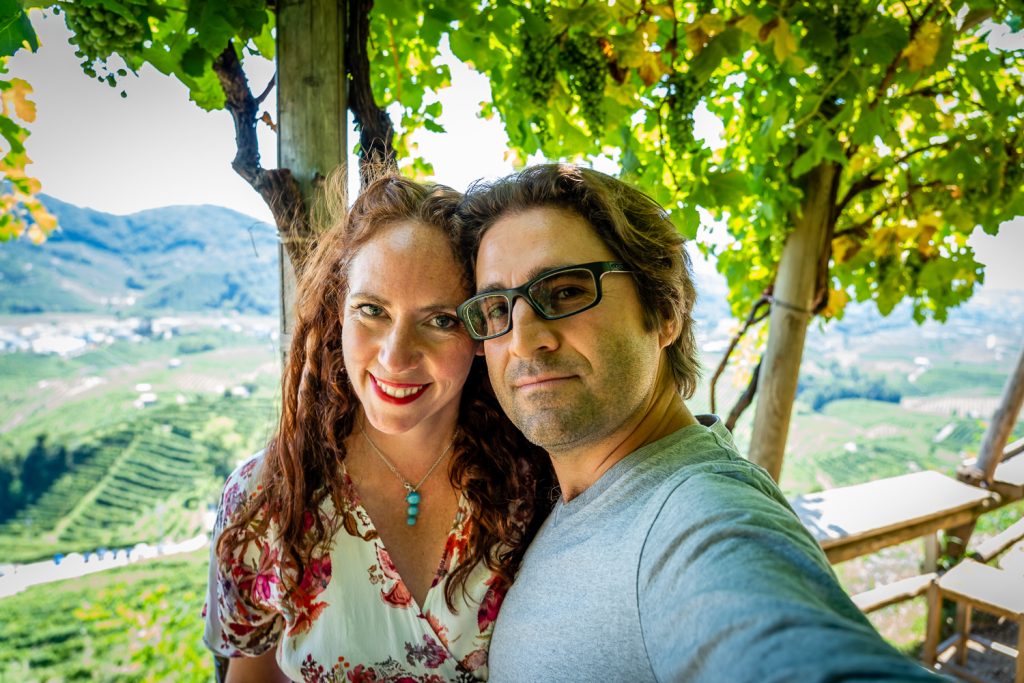
The big thing in the beginning with each other was trust. There were times when we didn’t make money and that was okay. We had to decide as a couple that what we wanted down the road was to retire in Italy. Our mantra was, “Earn American and Live Italian” so everything that we did went through that filter: the money that we were trying to make; the way we made it and spending our money; the things we did not accumulate…Those things came together and mobility was the key.
While our incoming was increasing, we were decreasing our cost of living. Working in New York, you can earn a lot of money, but you have to spend a lot in order to be there. I think of it as “saving beyond our means.” The Manhattan Delay means you wait until later in life to do things like: buy a house or car, or have kids or pets. You postpone and put that money away. This type of thinking put us in an incredibly good position by our mid-forties.
Tell us how you were able to decide that Bardonecchia was the place for your future home.
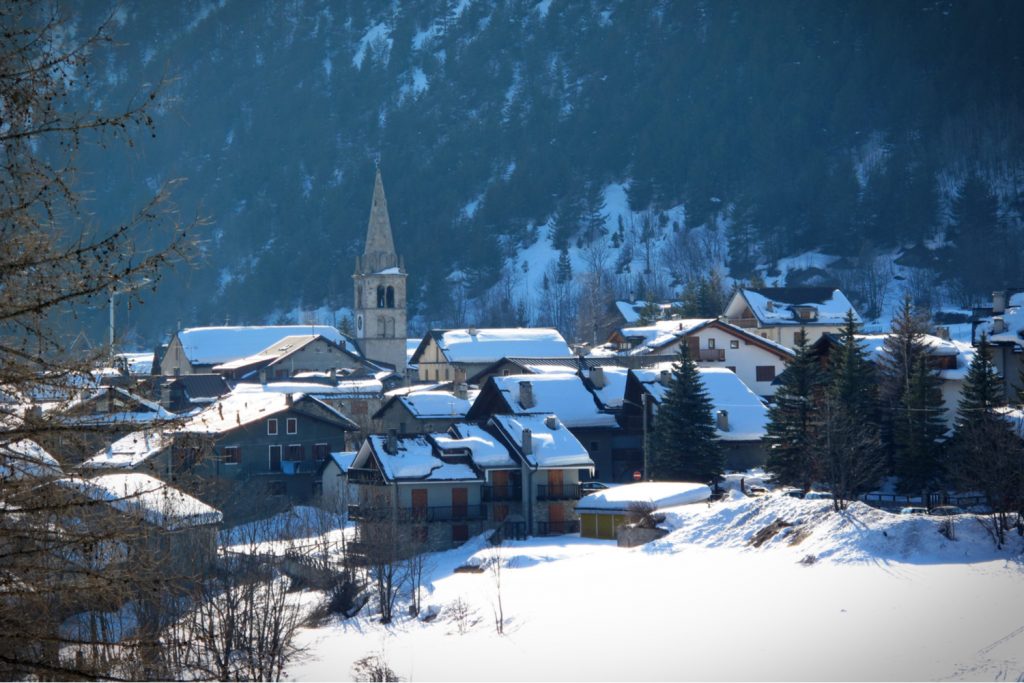
It’s kind of a funny story and I’ll try not to make it too long. Bardonecchia is in Northern Italy and it takes Paolo twenty minutes to drive to the border of France. It was part of his life growing up because the place that we’re in now is actually his parents vacation home. When we decided to move to Italy, we had originally booked a trip to go all over, but then COVID hit and that changed everything. We were quarantined in Bardonecchia and after we started staying here, we realized that we really liked it. It’s like living in a national park because we are in the Alps. We can walk outside of our door and do a different hike every day. It’s gorgeous!
The impetus was that we let Bardonecchia change our lives which is another philosophy for us: “Be flexible.” Not buying a house and staying here became very appealing. It had been an option years ago because Paolo’s parents wanted to give him the house, but we kept saying no because it was too remote and not near a city. Once we got quarantined here, we changed our mind.
When were you finally able to move?
It was crazy. We were in a mad sprint when things went wrong with COVID. We had already made the decision and booked everything to come to Italy and in doing so we had given notice to our apartment complex and couldn’t stay there. So when the lockdown started to be announced, we thought that we might not even be allowed to get out of Washington. I literally called the movers and asked if they could get here sooner and we had everything put into storage. We didn’t ship it to Italy like we had planned and it’s still in the US.
We sold our car the very next day and then went to the airport and flew to Florida because I have family there. All flights to Italy had been cancelled. While we were in Florida, there was a group of about 200 young Italian students who were working for Disney, but were laid off and were stranded. We called the consulate to see if they were going to try and get the students returned to Italy, so we took that repatriation flight. The only reason we could do that was because I became an Italian citizen in September, 2019.
We felt that we didn’t stop running until we got here.
How long did it take to become an Italian citizen?
For me to get an Italian citizenship took six years. For Paolo to get his American citizenship took five and a half years. I let anyone know that if they need to get it, they should start now because it’s going to take years.
Had we not both had dual citizenship when COVID hit, we could not have gotten to our families together. We would have had to separate and Paolo would have had to go to Italy to check on his parents without me.
What was it like beginning your new life in lockdown, especially in Northern Italy where the pandemic was at the time, far more serious than the rest of Italy?
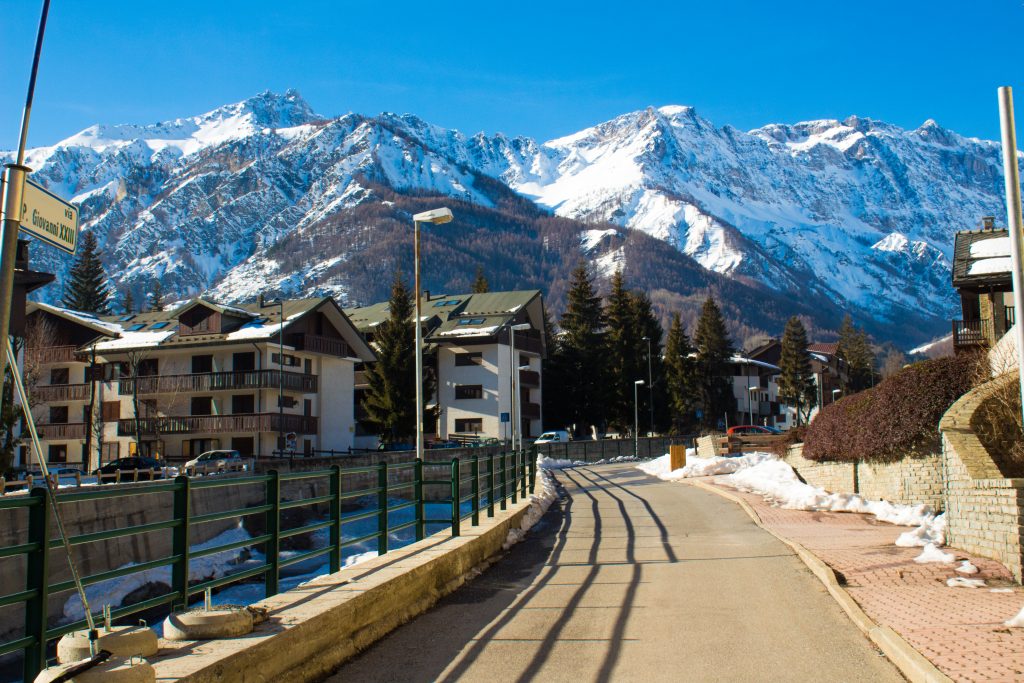
Numbing, honestly. We came a little bit later, mid-April so the numbers had already started coming down in Italy at that point. The toughest part for me was feeling like I was leaving my family behind because things were getting worse in the US and that was frightening for me. In Northern Italy, people are very respectful of each other. Italians live longer so in the area that we’re in, there are a lot of elderly people. This is a retirement vacation area. People were wearing masks outside without question, so it was very comforting. We were in a community that was taking it seriously and took precautions for each other and not just for themselves.
As a recent expat, what do you miss the most? What has been your biggest challenge so far in adapting to a life in Italy?
My mother. It’s mentally different when it’s hard to get to your family now. There are foods that you miss and can’t get as easily like brown sugar, maple syrup or vanilla for cookies. Your life changes around those things, but it’s also interesting because when you move to a country where the language is different, you lose a bit of your personality for a while. You are much more muted. I can’t make jokes very easily and people can’t get to know me because I sound like I’m five years old in Italian. You have to get comfortable with being embarrassed.
You said that you worked on learning more Italian while in quarantine. How’s it going?
I had never spent time learning Italian, but have been picking up for years. I didn’t start learning Italian until moving to Italy which was a mistake and should have started sooner. It’s no longer like a game. I need to learn to speak the language because it’s life skills for basic survival.
Like us, you have been interviewing expats in Italy. What have you learned so far from other people’s experiences that may be encouraging and/or discouraging.
It has been rewarding especially with people still social distancing. I’m just meeting people like this, doing virtual calls. I always get off the phone and I’m elated because having outside connections is good and it’s natural. It has really evolved into a deeper understanding of how every expat’s experience is different. Just because we’re all here, doesn’t mean that we’re the same. So, it’s been interesting to talk to them and understand what was hard or easy, or the way they thought of things like I never would because of where they’re from and who they are. It’s been good to strip away some of my biases and see more openly other people’s experiences.
The number one most common frustration is the bureaucracy. It’s a very tiresome process. Having some tenacity and someone who really understands the language is key.
What recommendations do you have for anyone wishing to move to Italy (permanently or for an extended stay?)
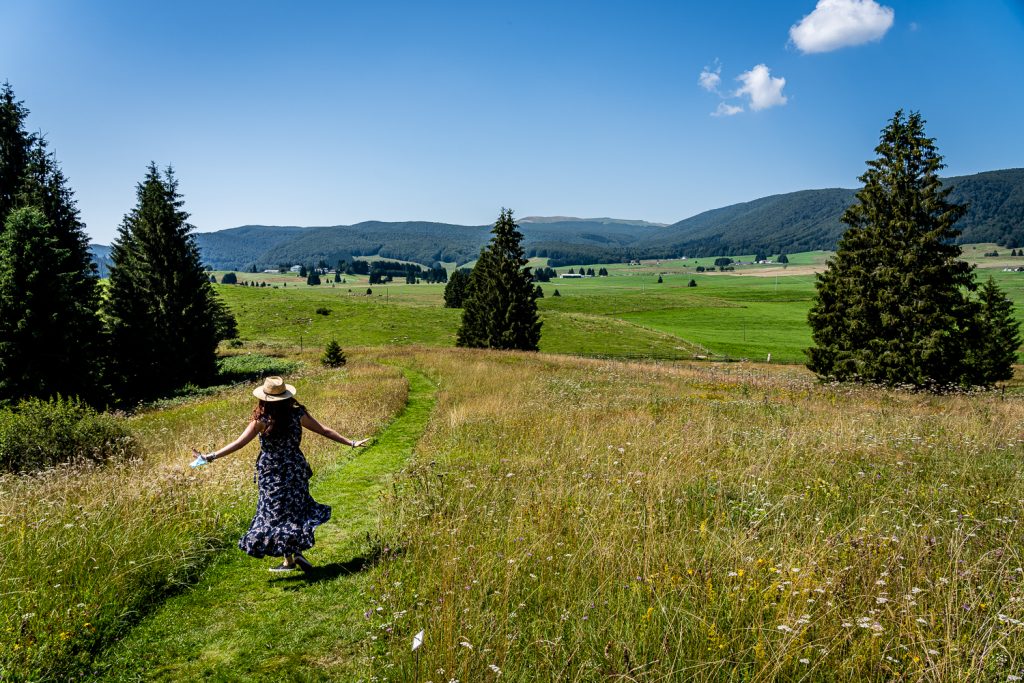
I have probably three main ones. One, save money or make sure that you have an income stream that it doesn’t matter where you are. Be prepared financially to do this move. The second one is to make sure that you are mentally in a good place because if you are struggling with depression or if you have substance abuse issues, changes like these are so dramatic that you’re at risk. The third one is to make sure that you’re someone who is either flexible or really in love with the culture that you are moving to. Take your time and experiment. Try it for six months or a year. Don’t sell everything off.
It’s uprooting everything you are used to.
What is your personal definition of an “expat?”
I think it’s a couple of major things. It’s moving your residency because my intent is to live in Italy. Secondly, it’s really becoming a part of the culture here and giving back to the community. It’s not trying to live your old life in a new place.
You both seem very busy now with the home renovation. However, when you get a break what will you do?
I think for the first time in my life (and Paolo is very different in this respect) I’m giving myself permission to not know the answer. I don’t know what is going to be needed by me financially, but we are safe. When we say that we are financially free, it means that our decisions are not based on needing money. We’ve put enough money away that we don’t have to work. If we do, we want to work on projects that mean something to us.
To learn more about Brandy and Paolo, visit: www.artoflivingontheroad.com and follow @alor_italy
Photography by Paolo Ferraris

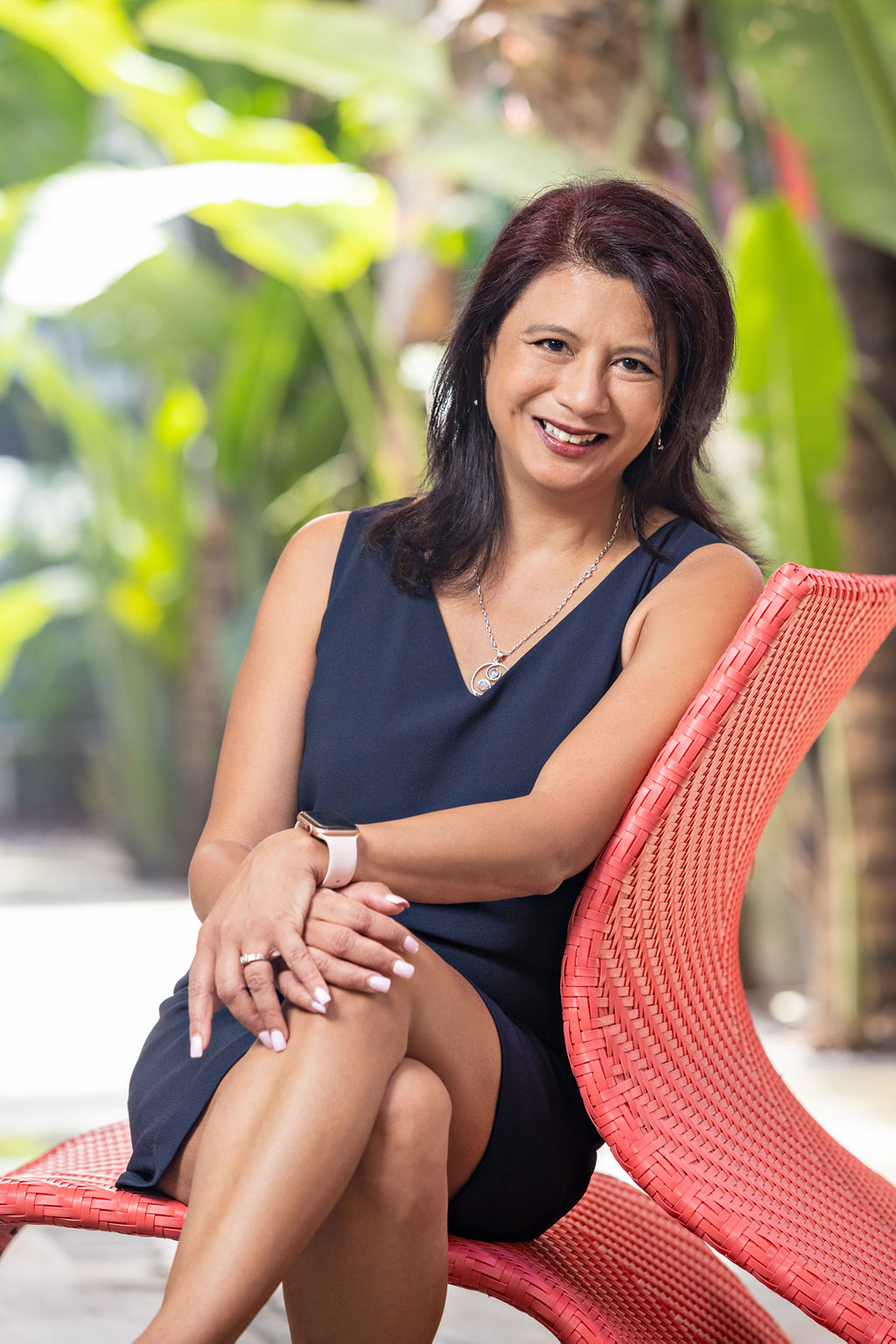

Loved this article and can relate on multiple levels! Brava! Thanks for your insightful and lovely story. Best of luck from Monte Argentario!
Hi Lori! Thanks for reading the article and we’re so glad that you enjoyed it! Be sure to share your experiences of living in Italy with us by following us on social media. 👍🏻🇮🇹